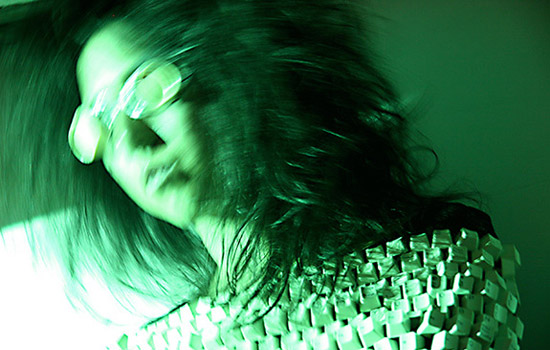New media, performance artist to visit May 2
Katherine Behar will display her interactive installations and discuss the ‘ugly bits’
Interdisciplinary new media and performance artist Katherine Behar will display her interactive installations as the next speaker for RIT’s lecture series “Where Text and Code Collide: The Digital Humanities Distinguished Speaker Series” on May 2.
The third installment of Rochester Institute of Technology’s College of Liberal Arts’ Digital Humanities Distinguished Speaker Series features “Even the Ugly Bits: Modeling Big Data,” a presentation and artistic showcase by Katherine Behar. An interdisciplinary new media and performance artist, Behar uses interactive installations, performances and videos to portray the condition of living in the world of digital media.
Behar’s talk, which is part of “Where Text and Code Collide: The Digital Humanities Distinguished Speaker Series,” takes place at 8 p.m. Thursday, May 2, in RIT’s Chester F. Carlson Center for Imaging Science Auditorium.
Behar will display her artwork while discussing how she uses art to inspect unflattering aspects of digital culture. Throughout the talk, Behar will address questions such as, “As we code ourselves into technology, bit for bit, what becomes of the ugly bits? Are they augmented along with the rest?”
An assistant professor of new media at Baruch College, Behar is known for her projects that mix low and high technologies, creating hybrid forms that are often humorous and sensuous. Her work has appeared at festivals, galleries, performance spaces and art centers around the world. In addition to her creative work, Behar writes on topics pertaining to embodiment and technology, cyborgian ethics, emerging and obsolete technologies and feminist media critique. Her writing has been published in Parsons Journal for Information Mapping and Visual Communication Quarterly, among others.
The presentation—free and open to the public—is sponsored by the RIT Project for the Digital Humanities, College of Liberal Arts, and Gannett Endowment for the Humanities.










